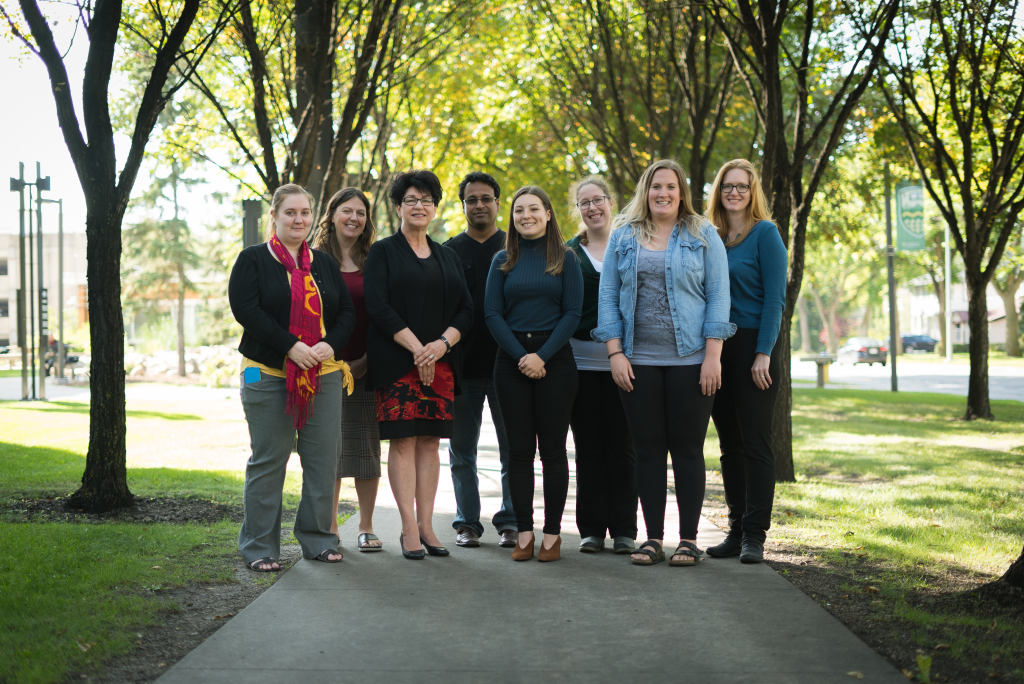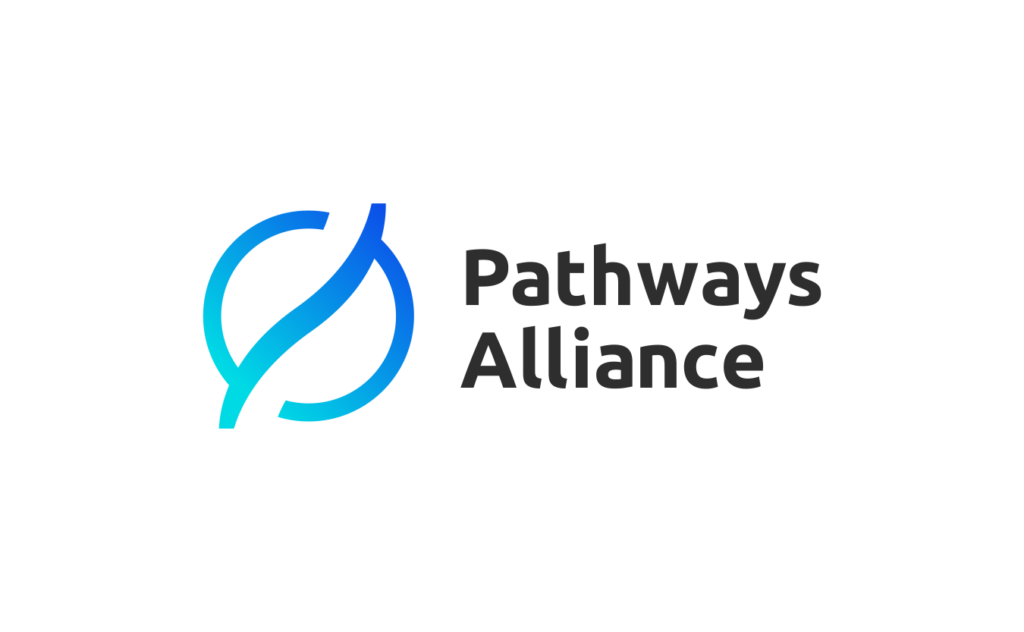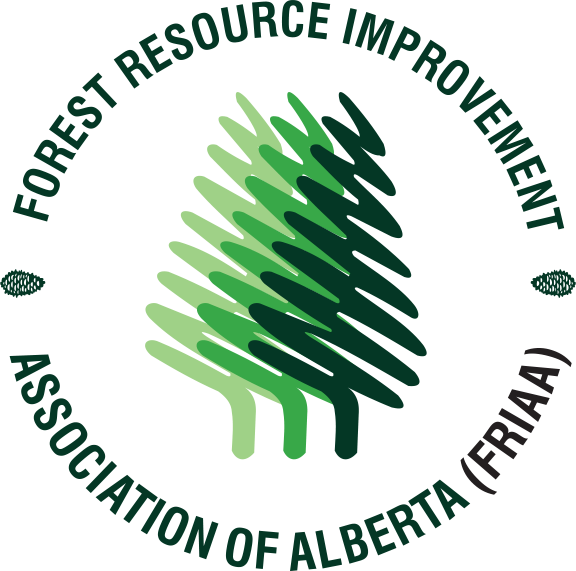 When Dr. Anne Naeth was in the early days of her career in land reclamation, she had a vision. Naeth imagined a graduate school dedicated solely to the study of land reclamation, where students would not only study in an interdisciplinary academic environment, but would be given a chance to connect with experts and learn from real-life reclamation projects. It turned out to be a groundbreaking idea and the introduction of the Canadian government’s NSERC CREATE Program made a way for Dr. Naeth’s dream to become a reality in 2011.
When Dr. Anne Naeth was in the early days of her career in land reclamation, she had a vision. Naeth imagined a graduate school dedicated solely to the study of land reclamation, where students would not only study in an interdisciplinary academic environment, but would be given a chance to connect with experts and learn from real-life reclamation projects. It turned out to be a groundbreaking idea and the introduction of the Canadian government’s NSERC CREATE Program made a way for Dr. Naeth’s dream to become a reality in 2011.
Expertise in land reclamation is a vital part of sustainable development, as a mounting human footprint disrupts land through eroding soil, urbanization, industrial development, and resource extraction. These pressures have created a demand for disturbed land and soils to be reclaimed for the enjoyment and benefit of generations to come.
The Land Reclamation International Graduate School (LRIGS) stands alone as the only school of its kind in the world. The breadth of course work provides students with a well-rounded perspective on the social, economic, and ethical aspects of land reclamation along with the latest scientific and technological advances in the field. The school connects students with industry, government, and post-secondary institutional experts at the local and international level. LRIGS also works to incorporate indigenous perspectives on land restoration, partnering with indigenous communities in the Northwest Territories and the Paul First Nation, west of Edmonton.
LRIGS students have many opportunities to establish themselves as leaders and emerging experts in the land reclamation field. Students ranging from undergraduates to postdoctoral researchers have presented their findings at international research conferences and in reputable scientific journals. Of the school’s 55 graduates, almost 100% of them are working in the land reclamation field as consultants, environmental policy advisors, or within industry, government, academic or non-profit spheres.
The UN has named 2021-2030 the Decade of Ecosystem Restoration. When asked what this will mean for LRIGS, Dr. Naeth replies, “This is a huge opportunity for the school to attract new students and funds as we respond to this call for action. It gives us a boost and added incentive to do our best work in a timely manner to meet the current land reclamation challenges.”







